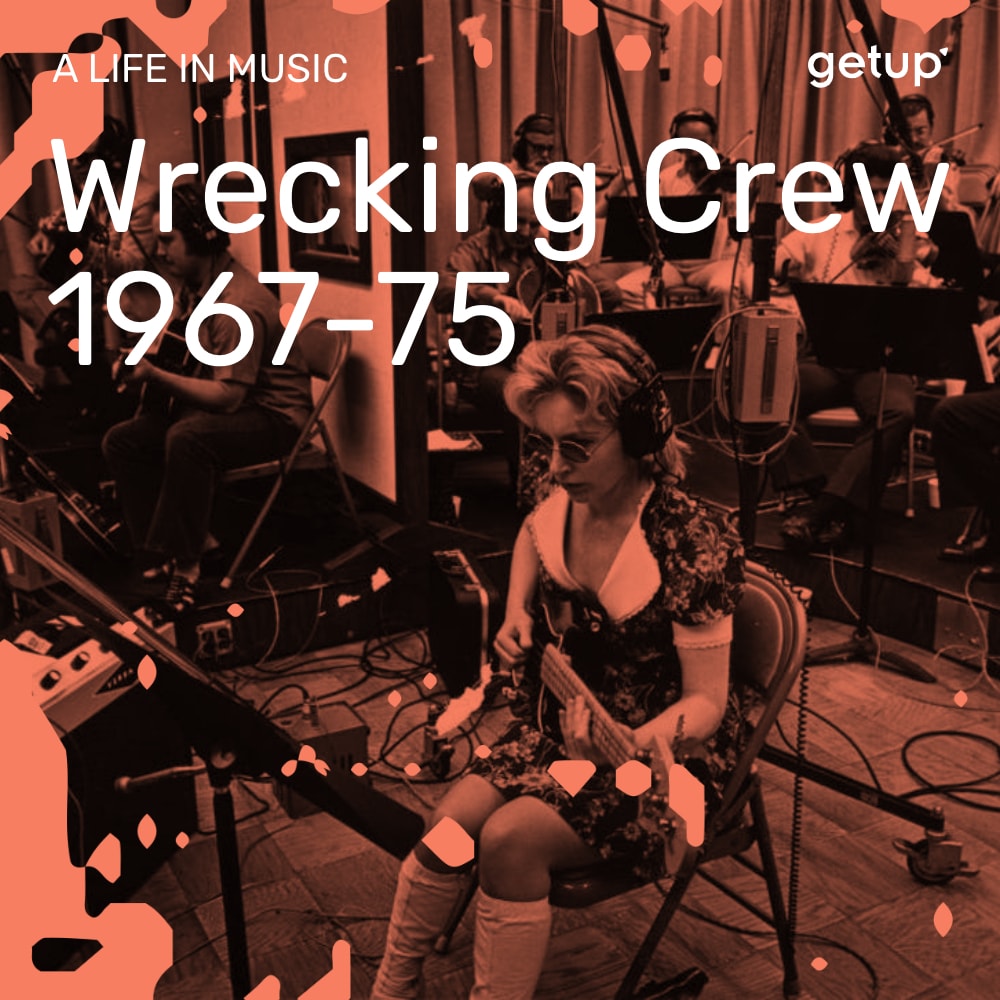“Folk music is music that everyday people can play, and it inspired a lot of people to make their own music. That trailed into making your own pop music, and that’s why garage bands started springing up everywhere.” (Arlo Guthrie)
Garage rock first appeared in North America in about 1965 under the influence of the British Invasion. Small, often inexperienced bands sprang up all over the place, imitating UK rock in a fairly amateurish, basic style. The genre flourished from 1965 to 1968, before the general trend turned towards psychedelia against the backdrop of the Vietnam War.
At the time, these scattered groups were not at all aware of belonging to a general trend. It was a compilation called Nuggets, released in 1972 and concocted by Jac Holzman and Lenny Kaye, that officially christened the style. But why “garage”? Because that’s where high school kids went to rehearse so they wouldn’t drive their parents crazy!
If we want to identify some idiosyncrasies of the style, the most obvious is the genre’s love of short, pacey songs, usually based on a simple distorted guitar riff. The emphasis is on raw energy. Moreover, the equipment used was pretty rudimentary, techniques were random, and the production a little sloppy. The primitive archetype is perhaps “Louie Louie”, which Richard Berry recorded in 1957.
Among the myriad of more or less ephemeral bands, we mustn’t forget to mention the Sonics. Active since 1963, this Tacoma band, led by singer Gerry Roslie, recorded a violent style of rock that prefigured the Stooges. Gerry’s Little Richard-inspired howl invokes witches and psychopaths, anticipating the fetish themes of metal to come.
It’s also impossible to miss the Monks, a band of American G.I.'s based in West Germany who, to kill their boredom, put together a rock band in 1965 and dressed up as monks – tonsures included! “If we walked down any street together in full Monk dress the crowds would part to let us through” recalled singer and guitarist Gary Burger. “I think most people thought we were some kind of religious group and that bought their respect.”
In a completely different spirit, the members of The Music Machine, from Los Angeles, dressed in black and each wore a single leather glove. The Seeds, on the other hand, wore their hair long way before the hippie wave. Their guitarist, Jan Savage, used his Native American origins to justify the wearing of feathers.
While there are countless obscure bands in the vast constellation of garage rock, Question Mark & The Mysterians really broke the mold with their 1966 #1 hit “96 Tears”. As their leader Rudy Martinez recalls, “it was written even before I was in the group. I had these sounds coming into my head and I wanted to learn how to play the piano. So, I went to this old man, around fifty years old, and I sang him this tune, because I wanted to learn how to do this music.” Writing a hit song before you can even play music is the kind of magical instinct that punks would later chase.
.jpg)




.jpg)
.jpg)
.jpg)
